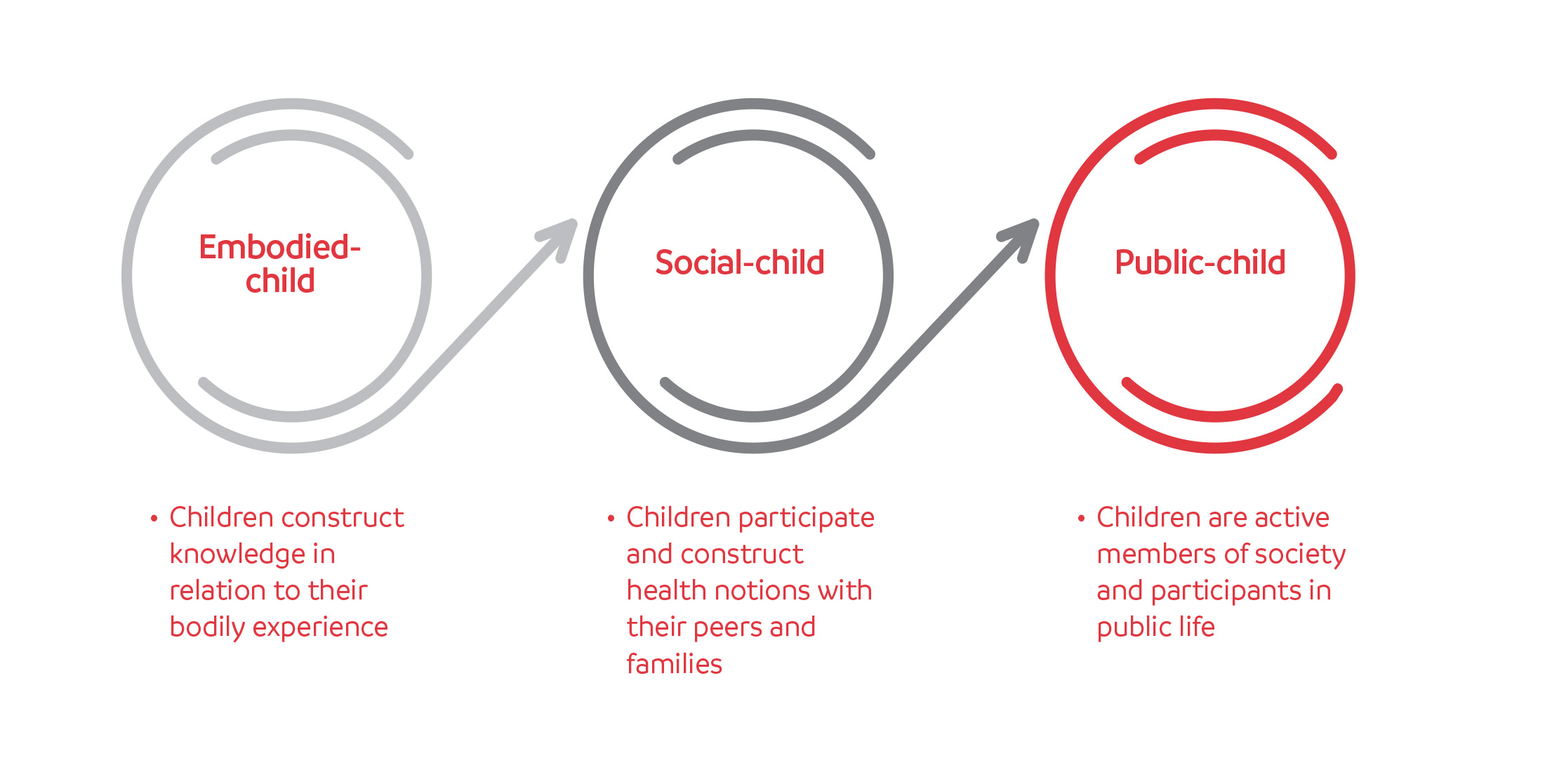What makes a kid a kid? The answer varies across cultures and throughout history, which matters greatly when creating children’s health and well-being policies, according to a new study recently released by Vanderbilt University at an event in Copenhagen’s UN City.
The Vanderbilt Cultural Contexts of Health and Wellbeing Initiative study, “Rethinking Childhoods: The Cultural Contexts Shaping Children’s Health and Wellbeing,” which is funded by the Robert Wood Johnson Foundation in collaboration with the World Health Organization, suggests that our definition of childhood is not solely determined by age or biological development. Rather, our ideas of what it means to be a child combine our understanding of the biological processes of growth and our own cultural representations of this life stage.
“This study exemplifies Vanderbilt’s global strengths,” said C. Cybele Raver, provost and vice chancellor for academic affairs. “By embracing diverse perspectives and recognizing the power of cultural values and norms in shaping childhood health and development, this study positions us to pursue a healthier, more equitable future for all children worldwide.”
In its third installment, VU-CCH continues to address global health issues by drawing on international expertise to inform its policy briefs.
This year’s focus spanned the globe, from Zambia and Guatemala to the United States and Denmark. The array of countries offers new insights into the understanding of childhood across diverse cultures. The group studied the global pandemic response for insights in 2021 and documented a cultural reevaluation of childhood obesity in 2022.
“We are starting to realize that health is not just about biology and medicine, but is influenced by social, cultural, economic, environmental and other factors,” said Ted Fischer, Cornelius Vanderbilt Chair and professor of anthropology, and the study’s principal investigator. “Through this project we show how bringing diverse perspectives and experiences into the conversation can improve health and well-being for all.”
This year’s report challenges traditional Western narratives of childhood, which often stem from legacies of colonial subjugation and racial domination, according to the report. It suggests that viewing children merely as unformed individuals needing guidance undermines their intrinsic worth and potential contributions to society.
The study also found that childhood isn’t just a biological stage but is instead a complex social construct that varies across cultures and history. This finding calls for a reevaluation of child health policies and clinical practices, which currently rely on a Western, biologically based norm that potentially overlooks a rich “tapestry of childhood experiences” worldwide.
“The work of the Vanderbilt Cultural Contexts of Health and Wellbeing Initiative is needed because it leverages cultural insights from global examples to better understand how historical and structural factors frame public health,” said Nils Fietje, a research officer for WHO’s Behavioral and Cultural Insights Unit. “In relation to childhood, this is particularly important, because health policies and guidelines about childhood are often shaped not just by scientific fact, but by cultural beliefs predominantly informed by Western perspectives.”
 Children’s experiences of vulnerability and autonomy are shaped by their social and economic environments rather than being a natural condition of their body or age, according to the study, and this results in the suggestion of “viewing children as active participants in society, not just object of policies.”
Children’s experiences of vulnerability and autonomy are shaped by their social and economic environments rather than being a natural condition of their body or age, according to the study, and this results in the suggestion of “viewing children as active participants in society, not just object of policies.”
By examining practices in other countries, the study highlights innovative approaches to engaging children in policymaking and the importance of considering their experiences and voices.
For example, “Rethinking Childhoods” noted El Salvador’s 2012 innovative public policy advocating for and protecting children’s rights. As part of that work, 600 children between ages 4 and 18 participated in the technical consultations for the National Policy for the Comprehensive Protection of Children and Adolescents in El Salvador. As a result of the effort, the government launched a law against human trafficking in 2014 and a law against adolescent marriage in 2017.
By acknowledging the cultural, historical and social dimensions of childhood, policymakers in the United States can develop more inclusive, equitable and effective strategies for supporting children’s development.
Other recommendations in the study included:
- Recognize children’s inherent value beyond their future potential, and view them as important individuals.
- Create policies that consider all aspects of a child’s well-being, going beyond traditional standards to include diverse experiences and needs.
- View children as key parts of communities, and make policies that reflect their role and needs within those communities.
“Rethinking Childhoods” urges a shift in how childhood is perceived and valued, advocating for policies that reflect the diverse experiences of children. It serves as a call to action for policymakers, educators and society at large to adopt more inclusive and effective approaches to child well-being.
Through studies like “Rethinking Childhoods,” Vanderbilt enhances its global role by challenging and expanding the understanding of vital issues, underscoring its commitment to fostering global discussions that can lead to transformative policies and practices.